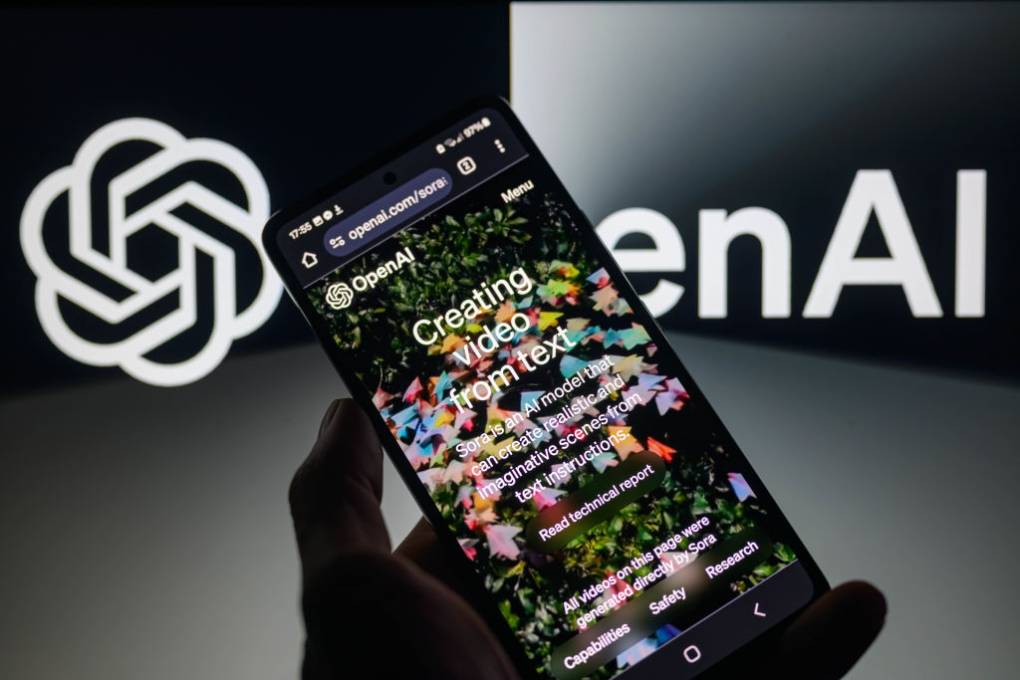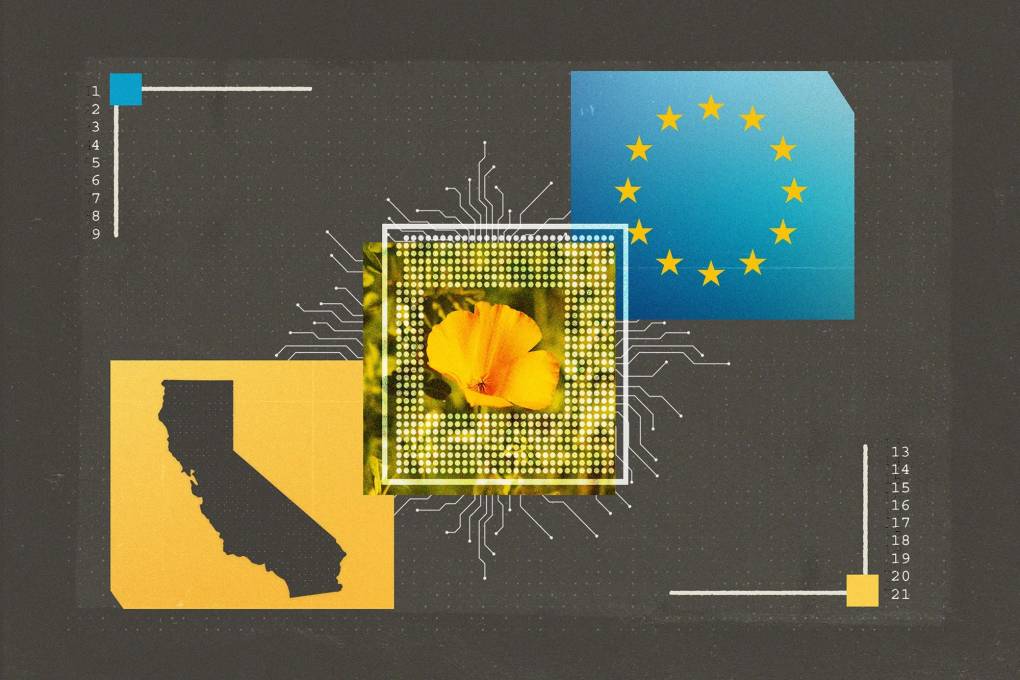We’re all used to giving out a bit of personal data to get into our financial accounts: social security numbers, our birthdays and so on. However, a growing number of financial institutions are asking for a sample of our voices. Should we be concerned?
What is Voice ID?
Voice authentication systems are a form of biometric authentication, similar to a fingerprint. It relies on voice recognition software, which verifies customer identities by detecting the unique patterns in a small speaking sample.
Why does my bank want my voice?
Banks have to try something new because our personal data is no longer so private, according to James Lee, Chief Operating Officer of the non-profit Identity Theft Resource Center outside of San Diego. “All of that data’s been compromised. Our Social Security numbers, our driver’s license numbers, where we live, our phone numbers, you know. …That’s all readily available,” Lee said.
He and other cybersecurity experts warn that a readily available pool of personal data contributes to fraudulent logins and financial theft.
Isn’t it easy for hackers to use AI to clone my voice?
Recent advances in generative artificial intelligence have led to better, cheaper and publicly accessible AI voice cloning models.



